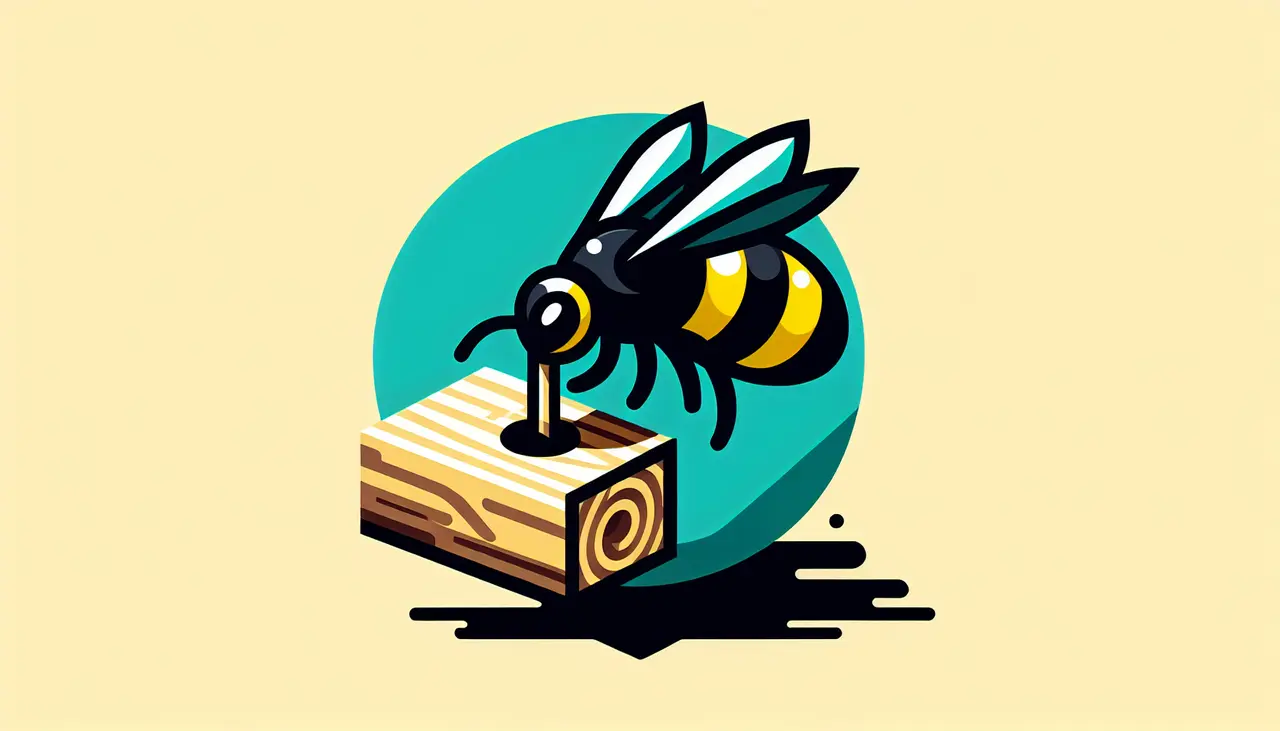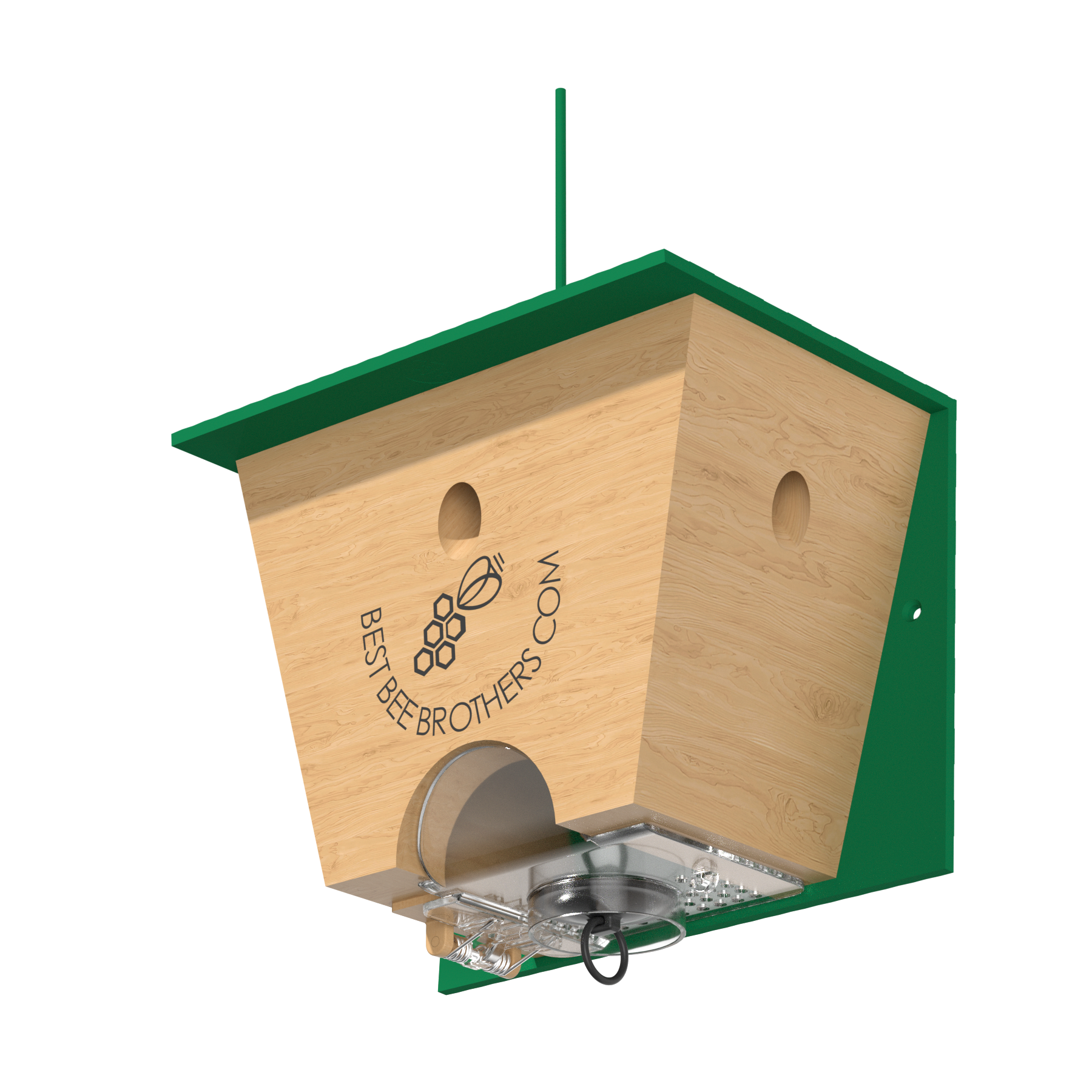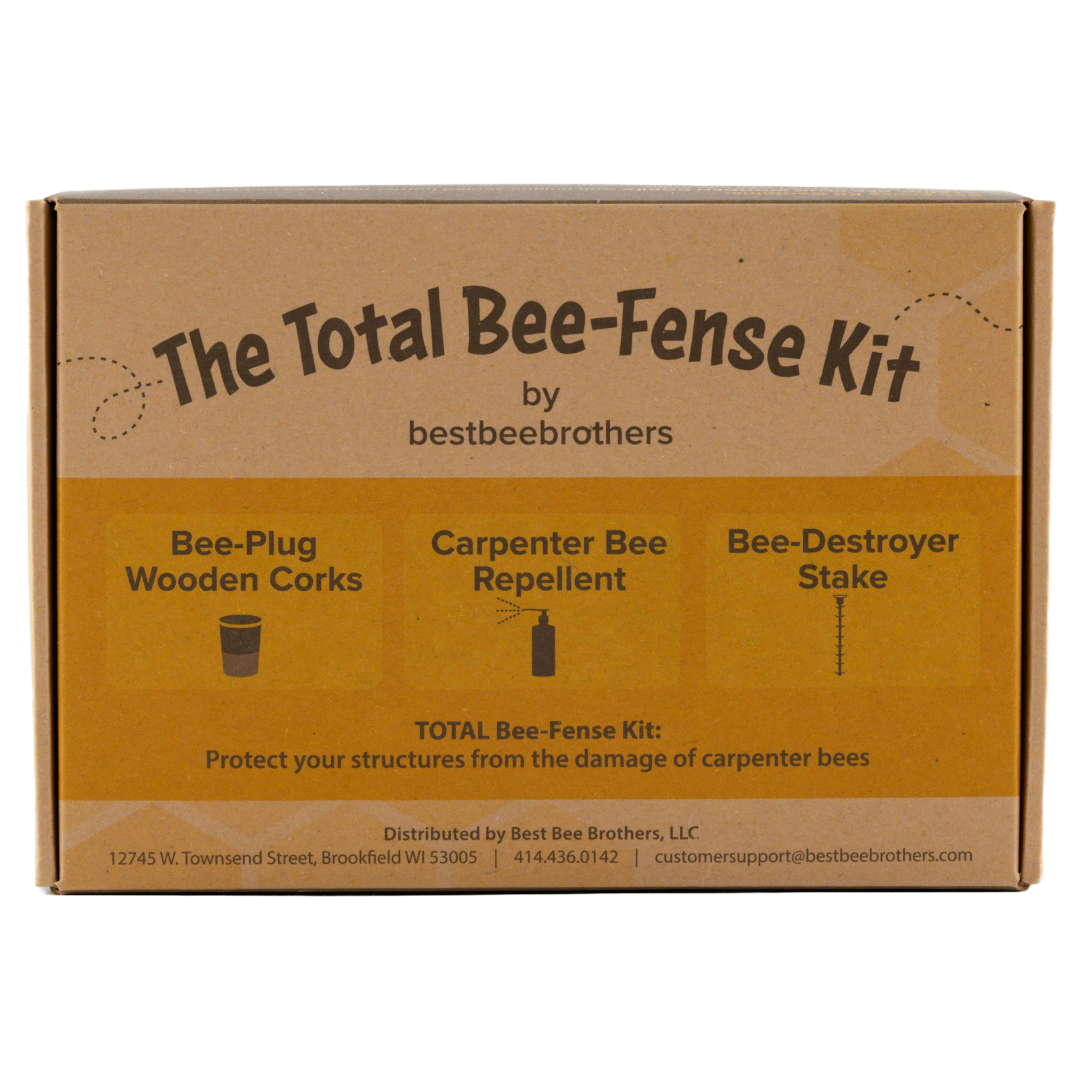Carpenter bees can be a real nuisance, especially when they start making themselves at home in your wooden structures. But don’t worry, there are plenty of natural solutions to help manage their activity and keep your home in good shape. In this blog, we’ll explore some of the best ways to handle these pesky bees without resorting to harmful chemicals.
Understanding Carpenter Bees: What You Need to Know
Before diving into solutions, it’s important to understand what carpenter bees are and why they might choose your home as a nesting site. Unlike honeybees, carpenter bees burrow into wood to lay their eggs, which can cause structural damage over time. Recognizing their behavior and lifecycle is the first step in effective management.
Carpenter bees are a unique species in the bee family. What sets them apart is their non-social nature. Unlike their relatives, carpenter bees do not live in colonies. Instead, individual females create nests by burrowing into wood. This process can lead to multiple individual holes in wooden structures like beams, patios, and more. Understanding their lifecycle can help manage their activity effectively. Females lay their eggs inside these tunnels, and as the larvae develop, they consume the surrounding wood for nourishment. Adult bees then emerge to restart the cycle. Keeping this lifecycle in mind can inform how you manage or deter these bees naturally.
The Role of Prevention: Simple Tips to Deter Carpenter Bees
Preventing carpenter bees from choosing your home involves understanding their preferences and making a few adjustments. Regular maintenance and painting or staining exposed wood can deter them. Additionally, using hard woods or metal for outdoor structures can make them less appealing to these bees.
Ensuring that wood surfaces are unappealing to carpenter bees is a proactive approach to reducing their activity. By keeping wooden surfaces painted or varnished, you effectively discourage bees from boring into the wood since they prefer untreated surfaces. Another effective method is positioning trimmed branches or deadwood away from your structures, as these can be appealing nesting sites.
Organic Deterrents: Using Natural Repellents
There are several natural repellents you can use to discourage carpenter bees, such as essential oils like citrus or peppermint. Applying these around potential nesting sites can create an unfavorable environment for the bees. Learn the simple recipes to concoct your own bee-repelling mixture at home.
Essential oils are a handy tool when it comes to naturally deterring carpenter bees. Citrus oil, known for its strong aroma, serves as a potent repellent, driving bees away from treated areas. Similarly, peppermint oil releases a scent that’s pleasant to humans but deterring to bees. Creating a mixture is simple: dilute several drops of your chosen essential oil in water and spray it onto areas where you’ve noticed bee activity. If you’re looking for an easy solution, you might also want to check out Best Bee Brother’s citrus spray natural carpenter bee repellent. This method provides a non-toxic, safe way to manage bees without harming the environment or your loved ones. Additionally, it’s a good idea to periodically refresh the application to maintain its effectiveness.
For a more effective and less hands-on approach, consider using the Ultimate Pro Carpenter Bee Trap. This handy trap not only catches bees but also helps redirect them in a safe way, reducing the risk of any harm. It’s a great tool to make your home less attractive to these pesky bees while respecting their role in the ecosystem. With this solution, you can do your part for the environment while keeping your wooden structures intact!
Wrapping Up: Embracing Natural Bee Management
While carpenter bees can be disruptive, using natural solutions allows you to manage their activity effectively and responsibly. Try these tactics, and enjoy a safer, bee-friendly environment. For more information on how to protect your home from these insects, you can visit our homepage.











Leave a comment
All comments are moderated before being published.
This site is protected by hCaptcha and the hCaptcha Privacy Policy and Terms of Service apply.